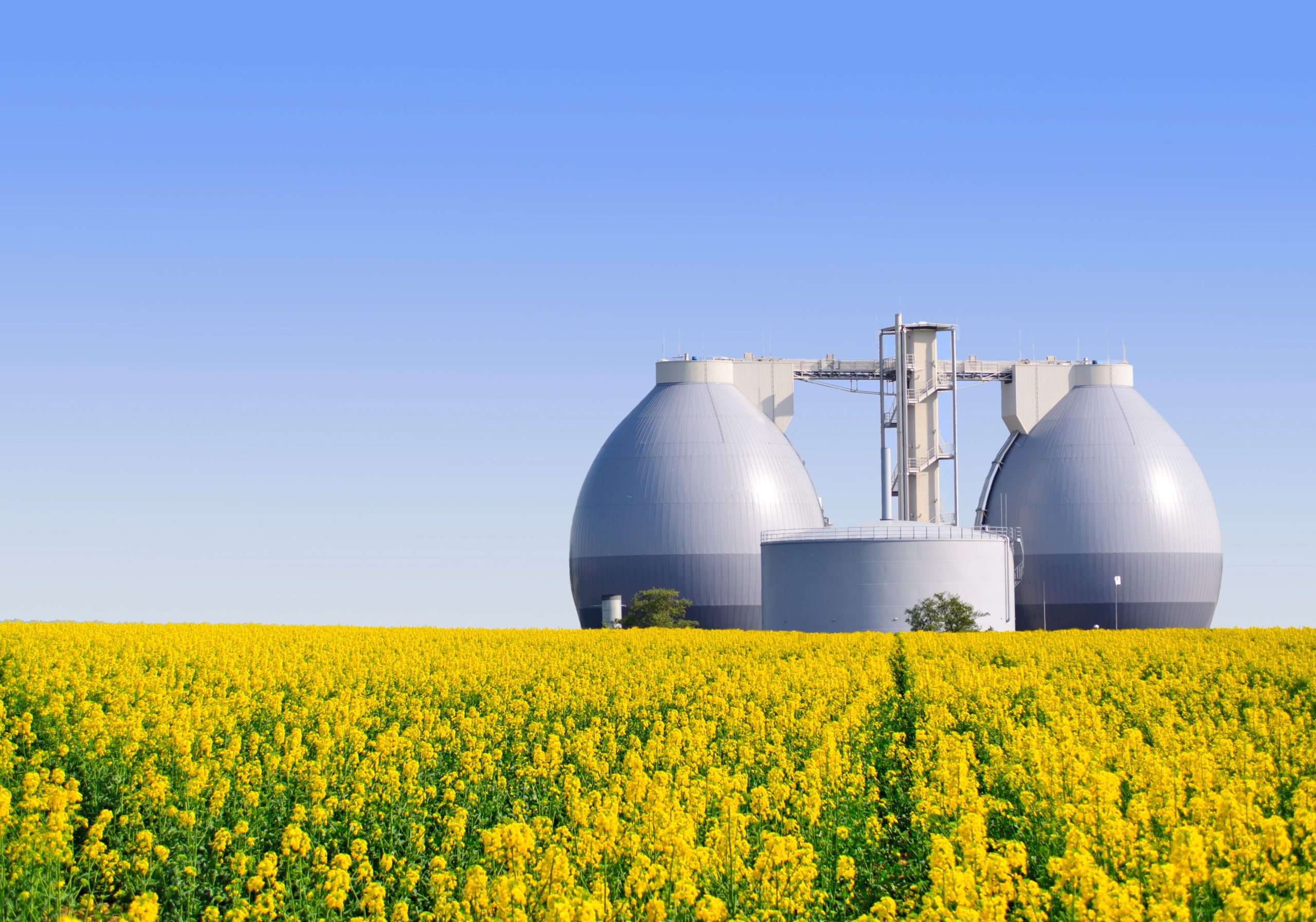The promise of renewable gas
The EU aims at a climate neutral economy in 2050. Net emissions of CO2 must be reduced to zero. This is a formidable challenge.
In order to facilitate this transition and ensuring it will be the most cost effective and least disruptive the use of renewable gas is one of the main potential technologies. Renewable molecules will be needed in the future as well for industries like heavy transport, aviation, chemical and commodities production. Renewable gas can supply these molecules in the future from available biomass and waste streams in Europe. Supplementing the natural gas, acting as energy storage and using the natural gas infrastructure.
In combination with hydrogen, renewable gas is therefore seen as one of the most promising options to decarbonize the energy system.
With this topic, we look at the possibilities of “renewable gas”, including renewables-based hydrogen (see the topic page of hydrogen for more information).

Types and applications of renewable gas
Renewable gas is by definition any gas that is generated from a renewable energy source. These can be:
- Biogas: produced via anaerobic digestion
- Syngas: produced via gasification of biomass or waste material
- Hydrogen: produced via renewable electricity and electrolysis (power to gas)
The input material for biogas is wet organic material, for example agricultural waste, sewage, organic waste or energy crops. In the case of gasification (syngas) production, dry biomass is used as well as municipal and industrial waste streams. Power to gas application to produce hydrogen have as input renewable electricity from wind, solar, hydro etc.
The production of biogas in Europe has grown strongly since the mid-2000s. Currently, electricity produced from biogas generates 2% of the EU energy demand. Biogas and syngas can be treated and upgraded to biomethane (natural gas standard) and injected in the national gas grids, enabling recycling of infrastructure and re use of equipment such as gas boilers and chemical production processes. Biomethane can be further converted in Compressed Natural Gas (bio CNG) and Liquefied Natural Gas (bio LNG) for use in heavy transport and as a medium for energy storage.
The potential for renewable gas to replace natural gas is large but limited. The limitation is in the availability of biomass and the costs associated with generation and treatment. However, between 50-100 billion cubic meters in the EU is feasible. In combination with extensive electrification and efficiency gains, this may be enough to replace and decarbonize the future EU gas demand, especially combined with (green) hydrogen production.

